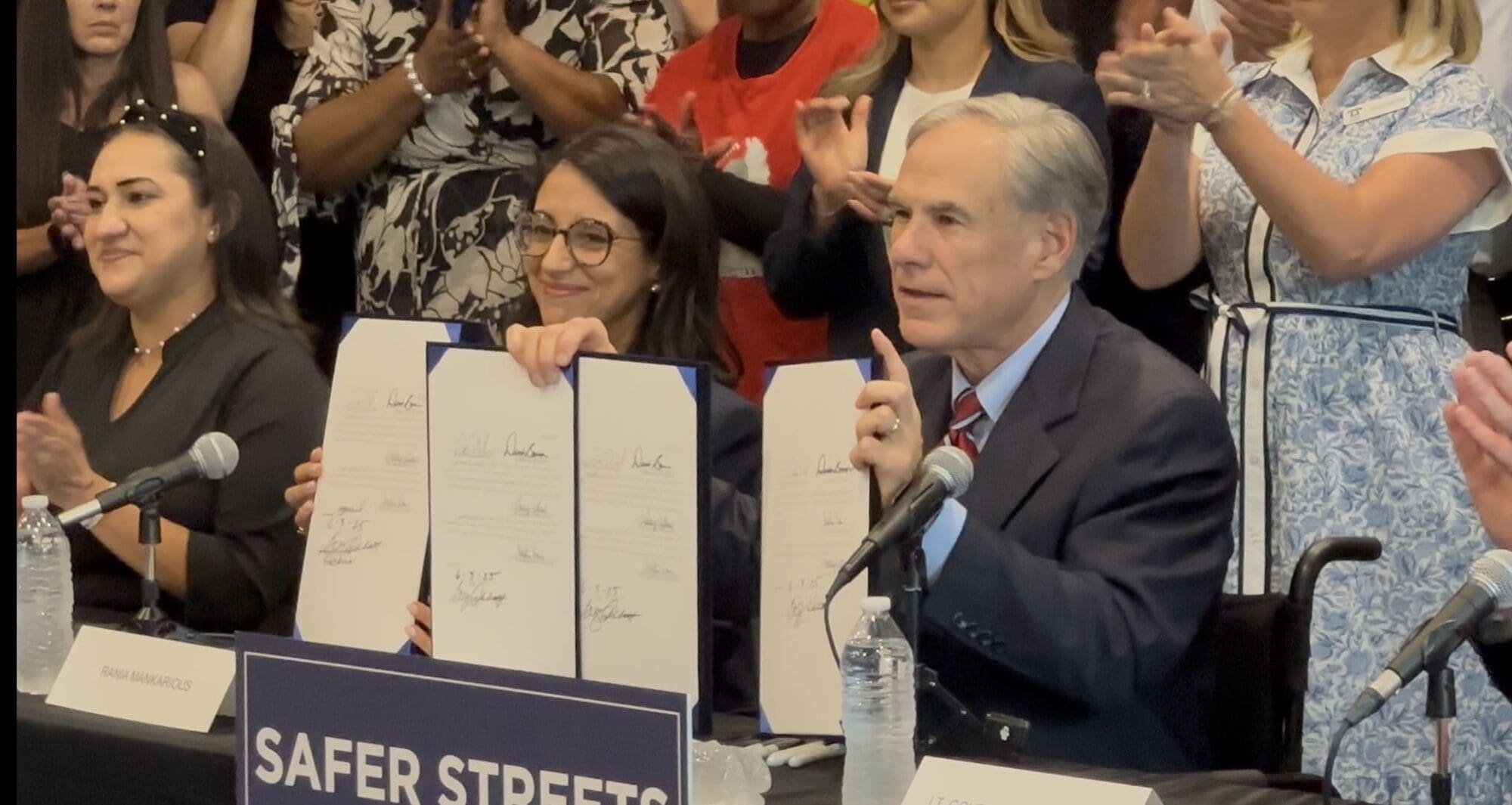A Texas lawmaker has proposed a measure to eliminate daylight-saving time in the state.
State Sen. Mayes Middleton’s (R-Galveston) measure would exempt Texas under Section 3(a) of the Uniform Time Act of 1966. State Rep. Briscoe Cain (R-Deer Park) is carrying the measure in the House.
The federal law, which established a consistent daylight-saving time system, included the ability for states to opt out if they choose. Currently, Arizona has taken advantage of that option. Most of the state—excluding the Navajo Nation reservation—has not practiced daylight-saving since 1968. Hawaii also does not practice daylight-saving.
Middleton’s proposal would apply equally to most of the state, which uses Central Time, and to the small portion near El Paso, which uses Mountain Time.
Lawmakers in the Texas House voted 138-5 to permanently switch to daylight-saving time rather than eliminate it in 2023. However, the measure died in a Senate committee.
Several lawmakers have already proposed legislation this session to establish daylight-saving time year-round, mirroring last session’s proposal. These include State Rep. John Bucy‘s (D-Cedar Park) HB 744, State Rep. Mike Schofield‘s (R-Katy) HB 788, and State Sen. Judith Zaffirini’s (D-Laredo) SB 64.
Meanwhile, President-elect Donald Trump has discussed either permanentizing or eliminating daylight-saving time at the federal level, describing it as “inconvenient” and “very costly to our nation.”
Lyle Beckwith, senior vice president of government relations at the National Association of Convenience Stores, defended daylight-saving time before a U.S. House hearing in 2022 when the chamber was considering the issue.
“There are many benefits to having more time when it is light in the afternoon and early evening,” argued Beckwith. “These include increasing economic activity as well as reducing motor vehicle accidents. But these benefits have always been weighed against concerns that we should not have kids going to school in the dark.”
“It is the balancing between those various interests that led us to the longstanding policy of switching our clocks in the spring and fall to take the most advantage we can of the daylight we have at different times of the year,” he added.





